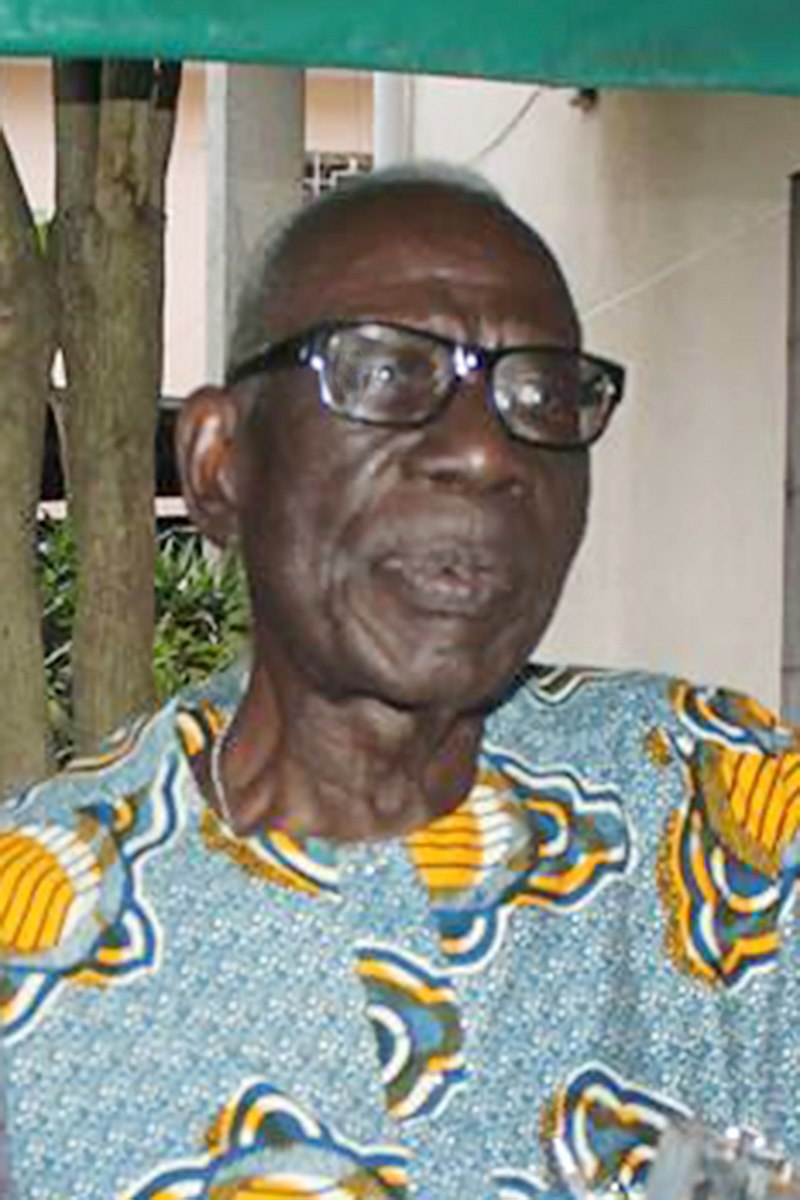Library Weekly
The ASCL's Library Weekly is our library’s weekly spotlight on African people and events. Inspired by the SciHiBlog, this service is based on information retrieved from Wikipedia and Wikidata and is completed with selected titles from the ASCL Library Catalogue.
N.B. The weeklies are not updated and reflect the state of information at a given point in time.
Library Weekly archive
Bernard Binlin Dadié
 On 10 January 1916, Ivorian novelist, playwright, poet, and administrator Bernard Binlin Dadié was born in Assinie, Côte d'Ivoire. Among many other senior positions, he held the post of Minister of Culture in the government of Côte d'Ivoire from 1977 to 1986.
On 10 January 1916, Ivorian novelist, playwright, poet, and administrator Bernard Binlin Dadié was born in Assinie, Côte d'Ivoire. Among many other senior positions, he held the post of Minister of Culture in the government of Côte d'Ivoire from 1977 to 1986.
Dadié attended the local Catholic school in Grand Bassam and then the Ecole William Ponty. He worked for the French government in Dakar, Senegal, at the Institut français d’Afrique noire, then returned to his homeland in 1947. He became part of its movement for independence. Before Côte d'Ivoire's independence in 1960, he was detained for sixteen months for taking part in demonstrations that opposed the French colonial government.
In his writing, influenced by his experiences of colonialism as a child, Dadié attempts to connect the messages of traditional African folktales with the contemporary world. With Germain Coffi Gadeau and F. J. Amon d'Aby, he founded the Cercle Culturel et Folklorique de la Côte d'Ivoire (CCFCI) in 1953. In 1955, he published a collection called The Black Cloth: A Collection of African Folktales (in French).
Dadié was rediscovered with the release of Steven Spielberg's 1997 movie Amistad which features the music by American composer John Williams. The choral text of Dadié's poem, Dry Your Tears, Africa ('Sèche Tes Pleurs') is used for a song of the same name. Published in 1967, the poem is about coming home to Africa.
Dadié turned 100 in January 2016 and died in Abidjan in March 2019 at the age of 103.
Selected publications
About Bernard B. Dadié
Bernard Dadié : itinéraire d'un écrivain africain dans la première moitié du XXe siècle / Frédéric Lemaire. - Paris : L'Harmattan, 2008
Le tragique dans le théâtre de Bernard Binlin Dadié / Sidibé Valy. - Abidjan : Éditions Flah Sy-Nani, 1999
Bernard Binlin Dadié conscience critique de son temps : actes du colloque international en hommage à Bernard Binlin Dadié / Sidibé Valy; Bruno Gnaoulé Oupoh. - Abidjan : Centre d'édition et de diffusion africaines (CEDA), cop. 1999
Comprendre l'œuvre de Bernard B. Dadié / Nicole Vincileoni. - Issy les Moulineaux : Éditions Saint Paul, cop. 1986
Bernard Binlin Dadié : l'homme et l'oeuvre / Claude Quillateau; Bernard B.Dadié. - Paris, [1967]
By Bernard B. Dadié
Escale dans le temps : le combat pour la dignité de l'Afrique / Bernard B.Dadié. - [Abidjan] : L'Encre Bleue, 2017
Les voix dans le vent : (tragédie) / Bernard B.Dadié. - Abidjan : Nouvelles éditions ivoiriennes, cop. 2001
Carnet de prison / Bernard B.Dadié. - Abidjan : CEDA, 1981
Légendes et poèmes / Bernard B.Dadié. - Paris : Seghers, [1973]
Monsieur Thôgô-gnini : comédie / Bernard B.Dadié. - Paris : Présence Africaine, 1970
Côte d'ivoire, Bernard Dadié pionnier de la littérature ivoirienne, Africa24, 2016

